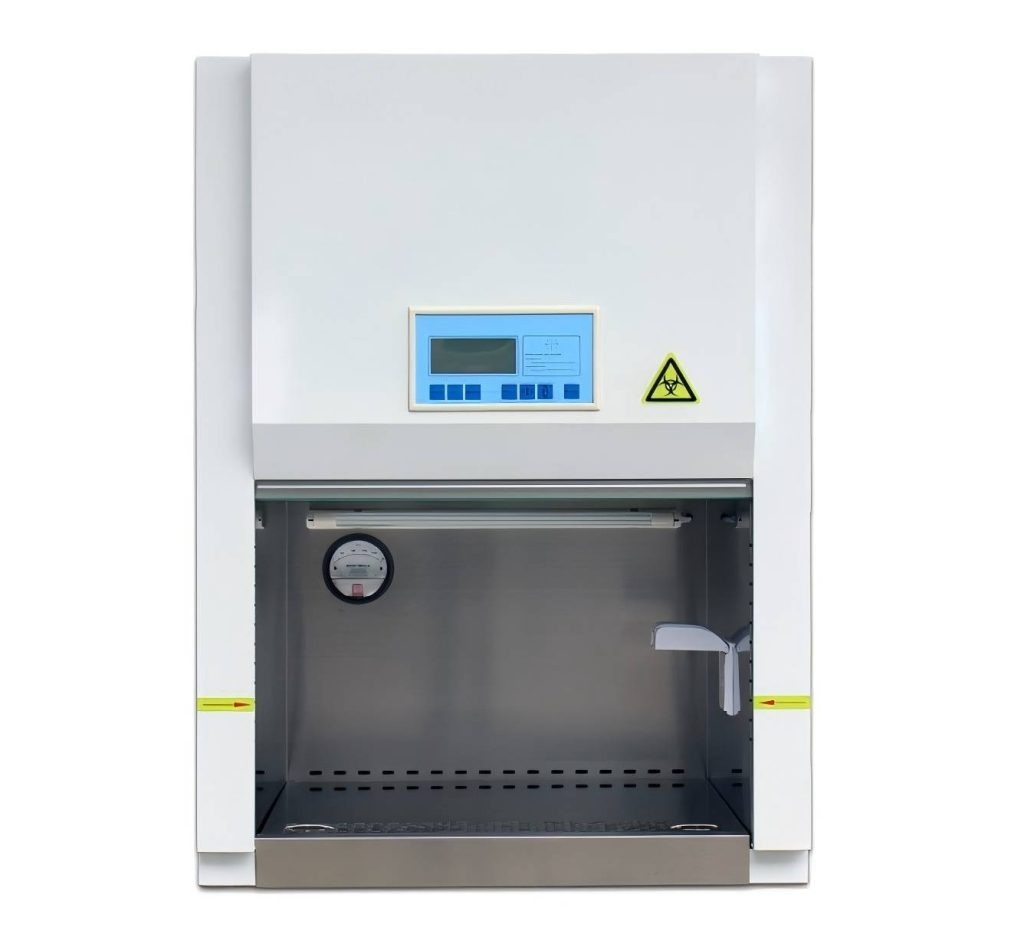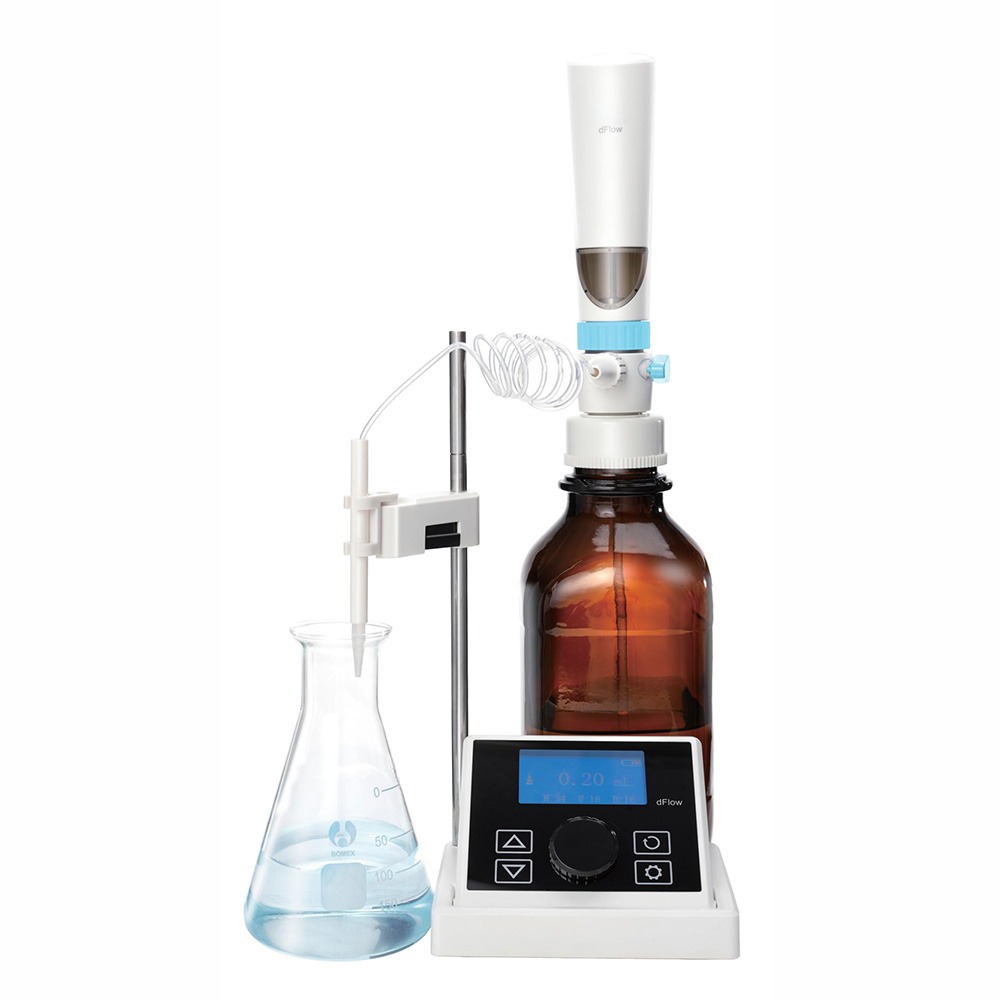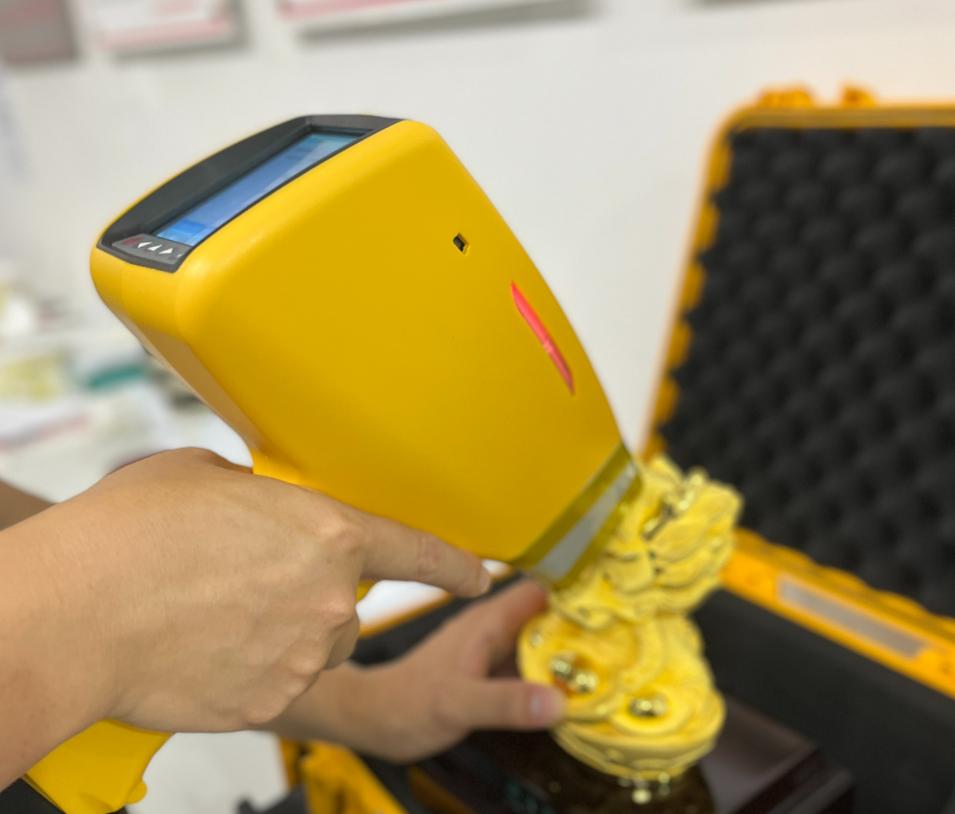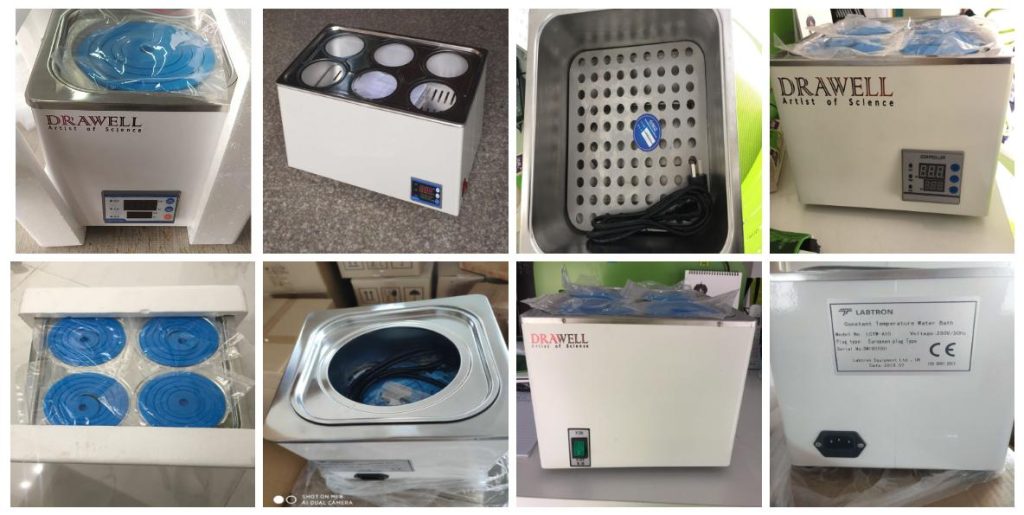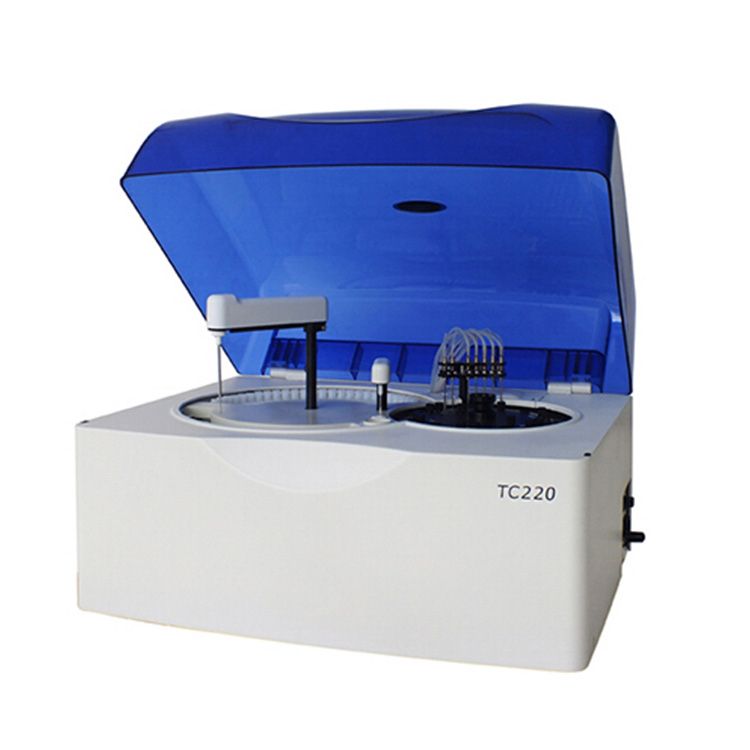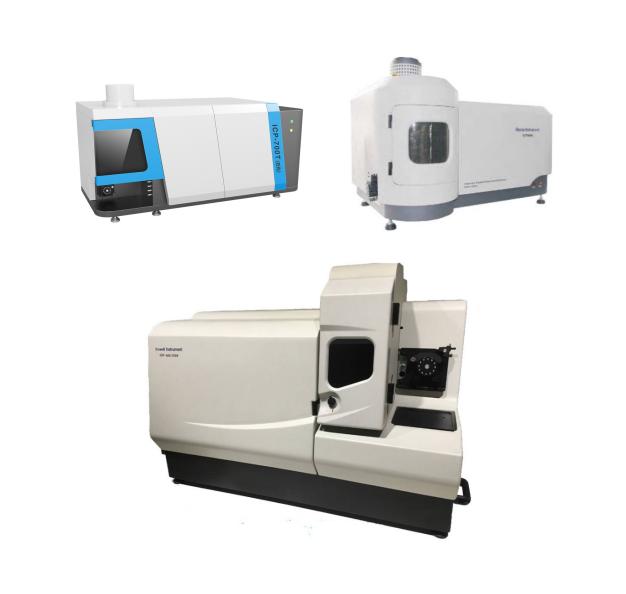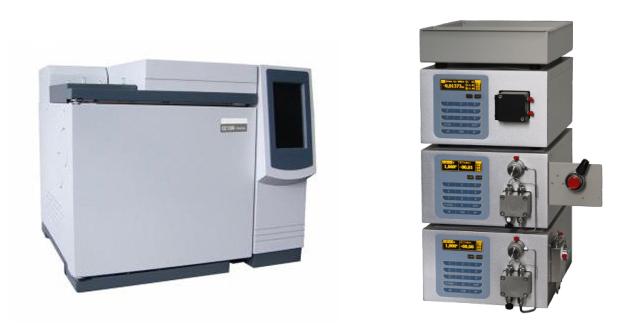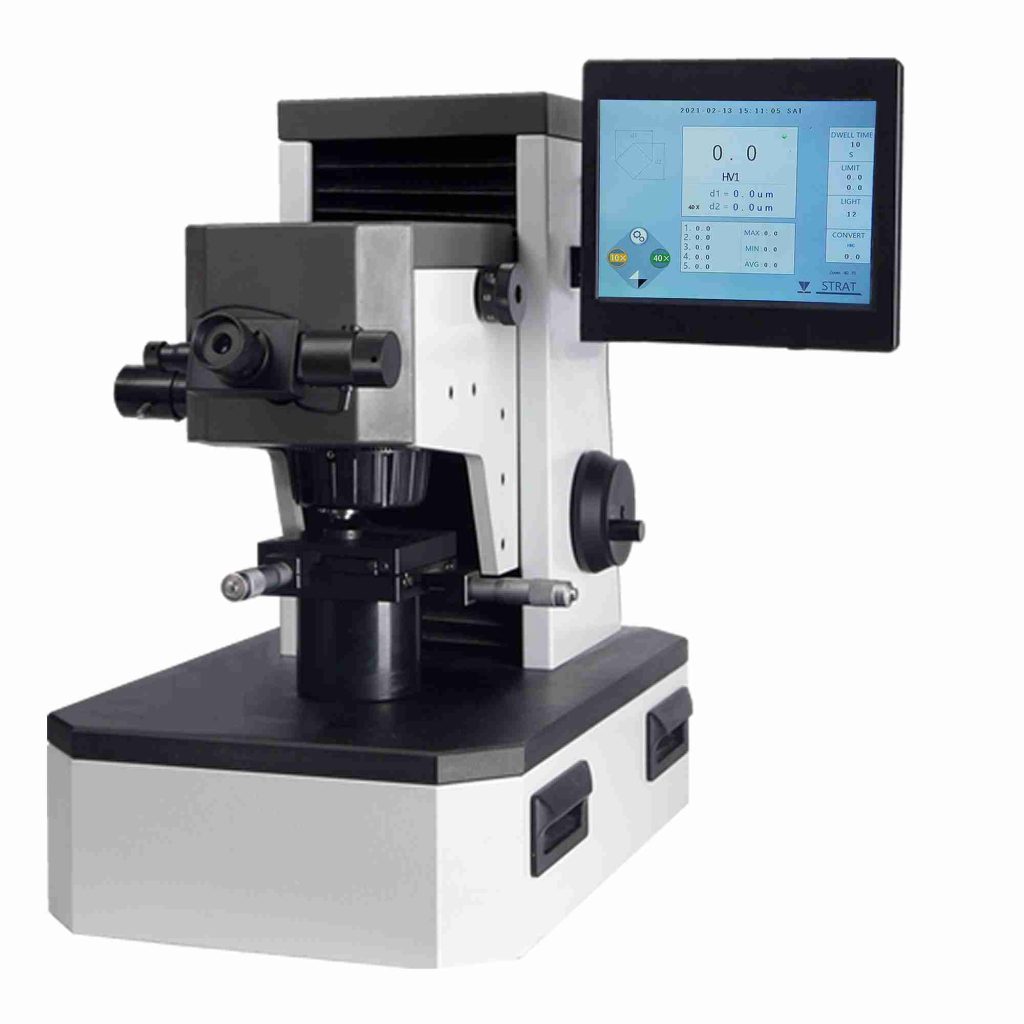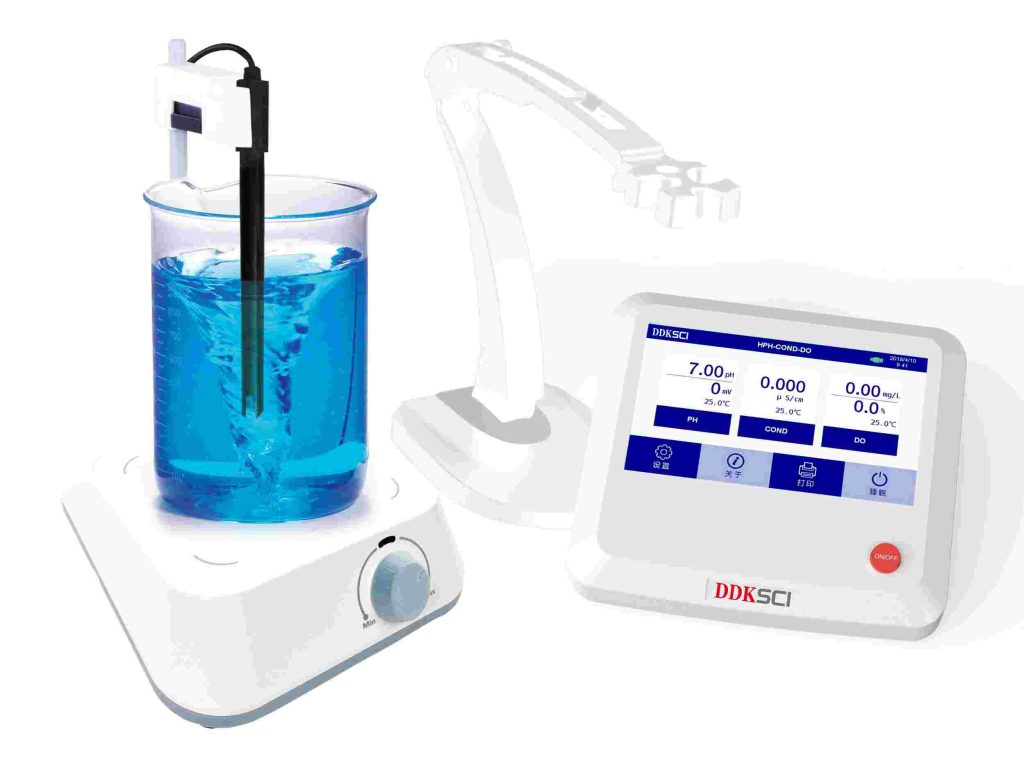News
Comparing Class I, II, and III Biosafety Cabinets: Choosing the Right Type
Biosafety cabinets are categorized into Class I, II, and III, each offering different levels of protection and suitable for specific applications. Understanding the differences among these classes is essential for selecting the right biosafety cabinet for your laboratory’s needs. Understanding Biosafety Cabinets Biosafety cabinets are enclosed, ventilated laboratory workspaces designed to protect personnel, the environment and sometimes the work materials from exposure…
What is Effective Calibration of Biochemistry Analyzers?
In clinical laboratories, the accuracy of diagnostic results hinges on the performance of automated biochemistry analyzerswhich are used to measure concentrations of substances such as glucose, cholesterol, enzymes, and proteins in biological samples. Calibration is a critical process that ensures these analyzers provide precise and reliable data, which is essential for accurate diagnosis, treatment planning,…
Manual vs. Electronic Bottle-top Dispensers: Which Type to Choose
In laboratories, precision in liquid handling is essential. Among the tools that support this level of accuracy, bottle-top dispensersplay a critical role. The bottle-top dispensers come in two primary types: manual and electronic. While both fulfill the core purpose of delivering reliable volume measurements, they differ significantly in functionality, ease of use, and suitability for specific…
Is Your Gold Real? How XRF Analyzers Can Tell Instantly
Gold has been a symbol of wealth and financial security for centuries. However, with its high value comes the persistent risk of counterfeit and impure gold entering the market. Investors, jewelers, and consumers alike need reliable methods to verify gold authenticity. Traditional testing methods, such as acid tests and fire assays, can be destructive, time-consuming,…
Dry Baths vs. Water Baths in Laboratory Applications
In laboratory research, precise temperature control is essential for ensuring accurate and reproducible results. Two commonly used heating devices, dry baths and water baths, serve this purpose but function in distinct ways. Each has specific advantages and limitations, making them suitable for different applications. Understanding the differences of dry baths vs. water baths is essential for selecting the…
Selecting the Right Model of Biochemistry Analyzer for Specific Laboratory Needs
Biochemistry analyzers are widely applied in clinical diagnostics, research, and industrial applications by measuring biological samples. With various models available on the market, selecting the right biochemistry analyzer for your laboratory requires careful evaluation of various factors, including throughput, automation, reagent compatibility, and overall performance. This article delves into the key features and applications in different types of biochemistry analyzers and provides…
ICP OES, ICP AES, ICP MS: What Are Their Preferred Applications
Inductively Coupled Plasma (ICP) techniques are widely used in elemental analysis across various industries. Among the most common methods are ICP Optical Emission Spectrometry (ICP-OES), ICP Atomic Emission Spectrometry (ICP-AES), and ICP Mass Spectrometry (ICP-MS). These techniques differ in their principles, sensitivity, and applications, making them suitable for different analytical needs. This article explores their working…
Formaldehyde Analysis by GC or HPLC: What Are the Differences
Formaldehyde, a ubiquitous chemical compound, finds applications in various industries, from resin production to medical sterilization. However, its toxicity and potential health hazards necessitate stringent monitoring and analysis. Gas Chromatography (GC) and High-Performance Liquid Chromatography (HPLC) are two widely adopted methods for formaldehyde analysis. Each technique has unique principles, technical features, and application scenarios that make…
What are Key Advancements in Digital Hardness Testers
Hardness testing is a crucial process in material science and quality control, ensuring the durability and performance of metals, plastics, and composites. The evolution of digital hardness testers has significantly improved precision, efficiency, and ease of use in various industrial applications. This article delves into the latest advancements in digital hardness testers and their impact on modern testing…
How to Troubleshoot pH Meter Errors Effectively
pH meters are essential instruments used in laboratories, industries, and research facilities for measuring the acidity or alkalinity of a solution. However, like any precision instrument, they can experience errors that affect measurement accuracy. Understanding common pH meter errors and implement effective troubleshooting techniques can help maintain reliable performance and prolong the lifespan of the device. What…


